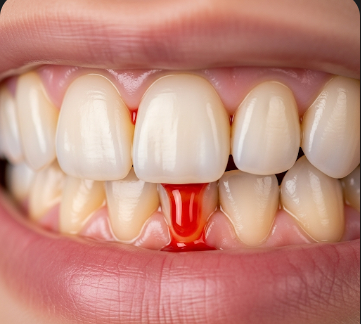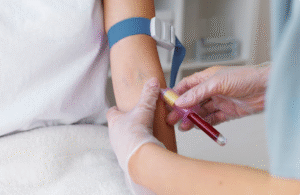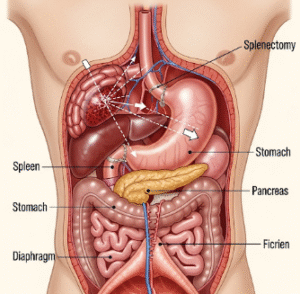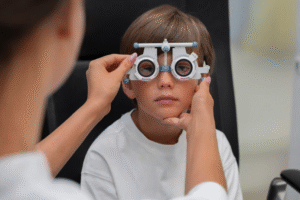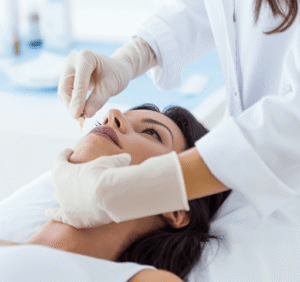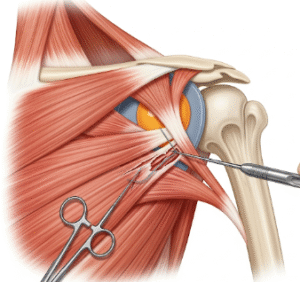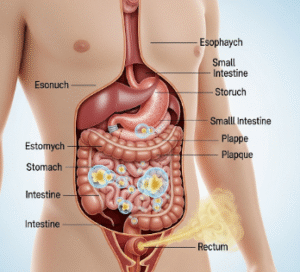Overview
Dental bleeding, often referred to as bleeding gums or oral hemorrhage, is a common symptom that can indicate gum disease, trauma, or systemic health issues. It may occur during brushing, flossing, eating, or spontaneously without obvious cause. In Korea, dental clinics and hospitals provide advanced diagnostic tests, professional dental care, and preventive treatments to address dental bleeding, maintain oral health, and prevent complications like tooth loss or infection.
Key Facts
▶ Prevalence: Bleeding gums affect a significant portion of adults globally, with higher risk in older individuals and those with poor oral hygiene.
▶ Causes: Gingivitis, periodontitis, trauma, vitamin deficiencies, medications, or systemic diseases.
▶ Associated Symptoms: Swollen or tender gums, bad breath, loose teeth, pain, or pus formation.
▶ Treatment Options in Korea: Professional cleaning, scaling, root planing, gum surgery, medications, and lifestyle modifications.
▶ Urgency: Persistent or severe bleeding requires evaluation to rule out underlying health problems.
What is Dental Bleeding?
Dental bleeding is the loss of blood from the gums, teeth, or surrounding oral tissues. It may present as minor oozing during brushing or flossing, or more pronounced spontaneous bleeding.
▶ Gingival Bleeding: Often a sign of gingivitis, inflammation of the gums caused by plaque accumulation.
▶ Periodontal Bleeding: Advanced gum disease, periodontitis, involves infection and destruction of supporting tissues.
▶ Traumatic Bleeding: From injuries, tooth extraction, or improper dental appliances.
▶ Systemic Causes: Conditions like blood clotting disorders, vitamin deficiencies, or liver disease can cause oral bleeding.
Note: Dental bleeding is usually preventable and treatable with proper oral care and timely intervention.
What Symptoms Are Related to Dental Bleeding?
▶ Swollen Gums: Red, tender, or puffy gums that bleed easily.
▶ Pain or Discomfort: Especially while brushing, chewing, or flossing.
▶ Bad Breath (Halitosis): Persistent odor due to bacterial accumulation.
▶ Loose Teeth: Advanced gum disease may affect tooth stability.
▶ Pus Formation: Sign of infection in periodontal pockets.
▶ Spontaneous Bleeding: Without mechanical irritation, may indicate systemic issues.
▶ Discoloration of Gums: Red or purplish hue associated with inflammation.
▶ Difficulty Eating: Pain or sensitivity may limit oral intake.
What Causes / Possible Causes
Dental bleeding can result from local oral factors or systemic health issues:
▶ Poor Oral Hygiene: Plaque and tartar buildup leading to gingivitis.
▶ Periodontal Disease: Infection and inflammation of gums and supporting structures.
▶ Trauma: Injury from hard foods, dental procedures, or accidents.
▶ Vitamin Deficiencies: Lack of vitamin C (scurvy) or vitamin K can impair clotting.
▶ Medications: Anticoagulants, antiplatelets, or certain chemotherapy drugs.
▶ Hormonal Changes: Pregnancy, menstruation, or menopause affecting gum sensitivity.
▶ Systemic Diseases: Diabetes, liver disease, or blood clotting disorders.
▶ Smoking or Tobacco Use: Weakens gum tissue and delays healing.
Note: Identifying the underlying cause is crucial for effective treatment and prevention.
When Should I See a Doctor?
▶ Persistent Bleeding: Gums continue to bleed despite proper oral care.
▶ Severe or Spontaneous Bleeding: Occurs without brushing, flossing, or trauma.
▶ Pain or Swelling: Accompanied by discomfort, pus, or foul odor.
▶ Loose or Shifting Teeth: Suggests advanced gum disease.
▶ Systemic Symptoms: Fatigue, bruising, or unexplained bleeding elsewhere.
▶ Medication Use: Patients on blood thinners or other drugs affecting clotting.
▶ Recurring Infections: Abscesses or recurrent gum infections.
▶ Children or Elderly: Higher risk of complications requiring specialist care.
Tip: In Korea, dental specialists and hospitals provide comprehensive evaluation, imaging, and treatment plans for dental bleeding and its causes.
Care and Treatment
Treatment depends on cause, severity, and oral hygiene practices:
▶ Professional Cleaning: Scaling and root planing to remove plaque and tartar.
▶ Gum Care: Antibacterial mouth rinses, topical gels, and proper brushing techniques.
▶ Medications: Antibiotics for infection, vitamin supplements for deficiencies.
▶ Surgical Intervention: Gum surgery or flap procedures for advanced periodontitis.
▶ Lifestyle Modifications: Quitting smoking, maintaining a balanced diet, and good oral hygiene.
▶ Monitoring: Regular dental check-ups to prevent recurrence.
▶ Emergency Care: For severe bleeding, dental abscesses, or systemic complications.
Treatment Options in Korea
Medical Evaluation:
▶ Dental Examination: Clinical assessment of teeth, gums, and oral tissues.
▶ Imaging: X-rays, panoramic radiographs, or CT scans to detect bone loss or abscesses.
▶ Laboratory Tests: Blood tests for clotting disorders or vitamin deficiencies if systemic cause suspected.
▶ Specialist Consultation: Periodontists, oral surgeons, or general dentists for comprehensive care.
Advanced Therapies:
▶ Laser Therapy: For gum disease management and reducing inflammation.
▶ Guided Tissue Regeneration: Advanced treatment to repair gum and bone loss.
▶ Antimicrobial Treatments: Local or systemic antibiotics to eliminate infection.
▶ Multidisciplinary Care: Collaboration among dentists, periodontists, nutritionists, and physicians.
Rehabilitation & Support:
▶ Patient Education: Proper brushing, flossing techniques, and preventive care.
▶ Follow-Up Care: Regular dental visits to monitor healing and prevent recurrence.
▶ Specialist Clinics: Korean dental hospitals offer integrated care combining preventive, surgical, and restorative treatments.
Outcome: With early diagnosis and comprehensive treatment in Korea, dental bleeding can be effectively managed, preventing infection, preserving teeth, and maintaining long-term oral health.

